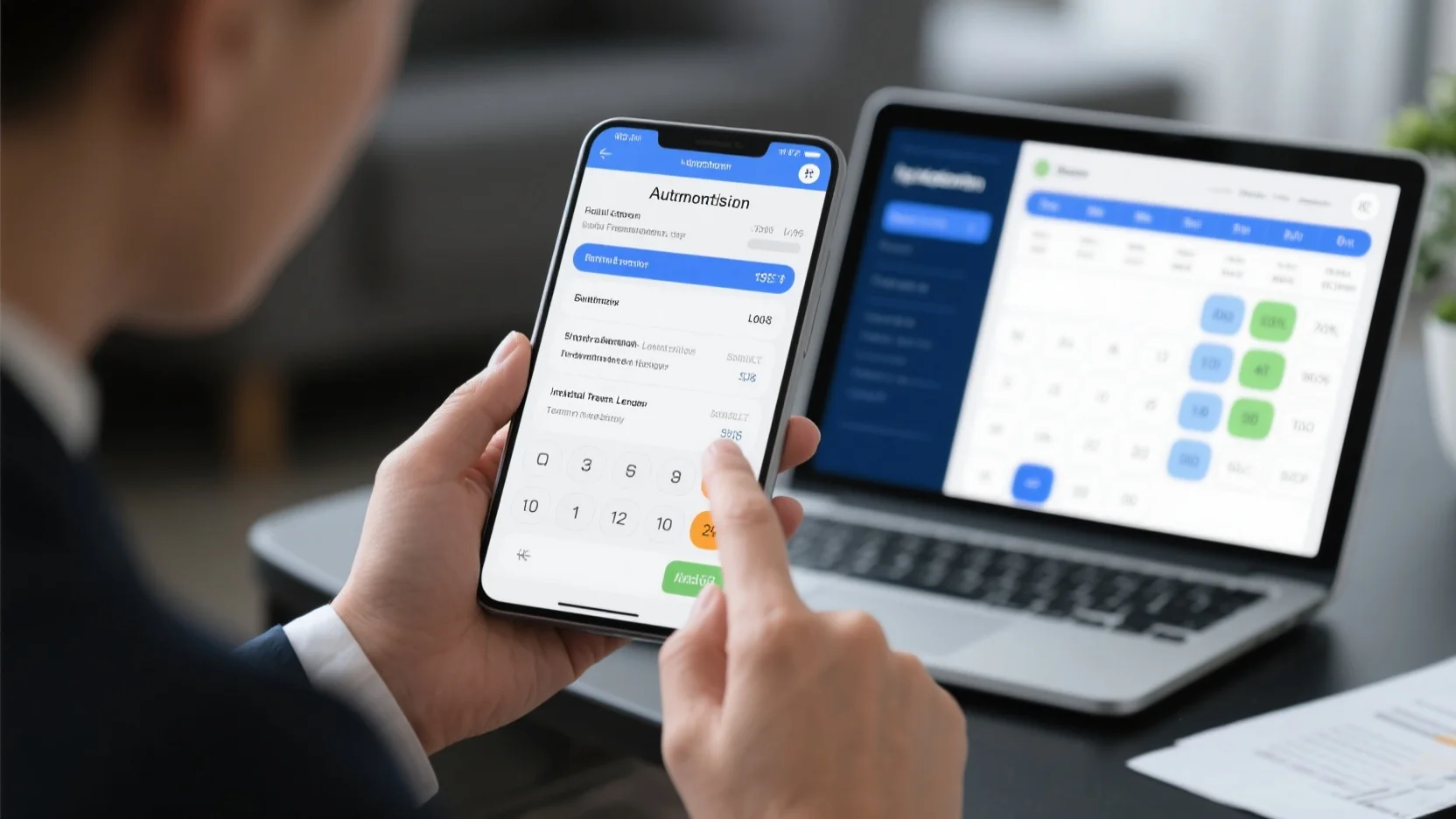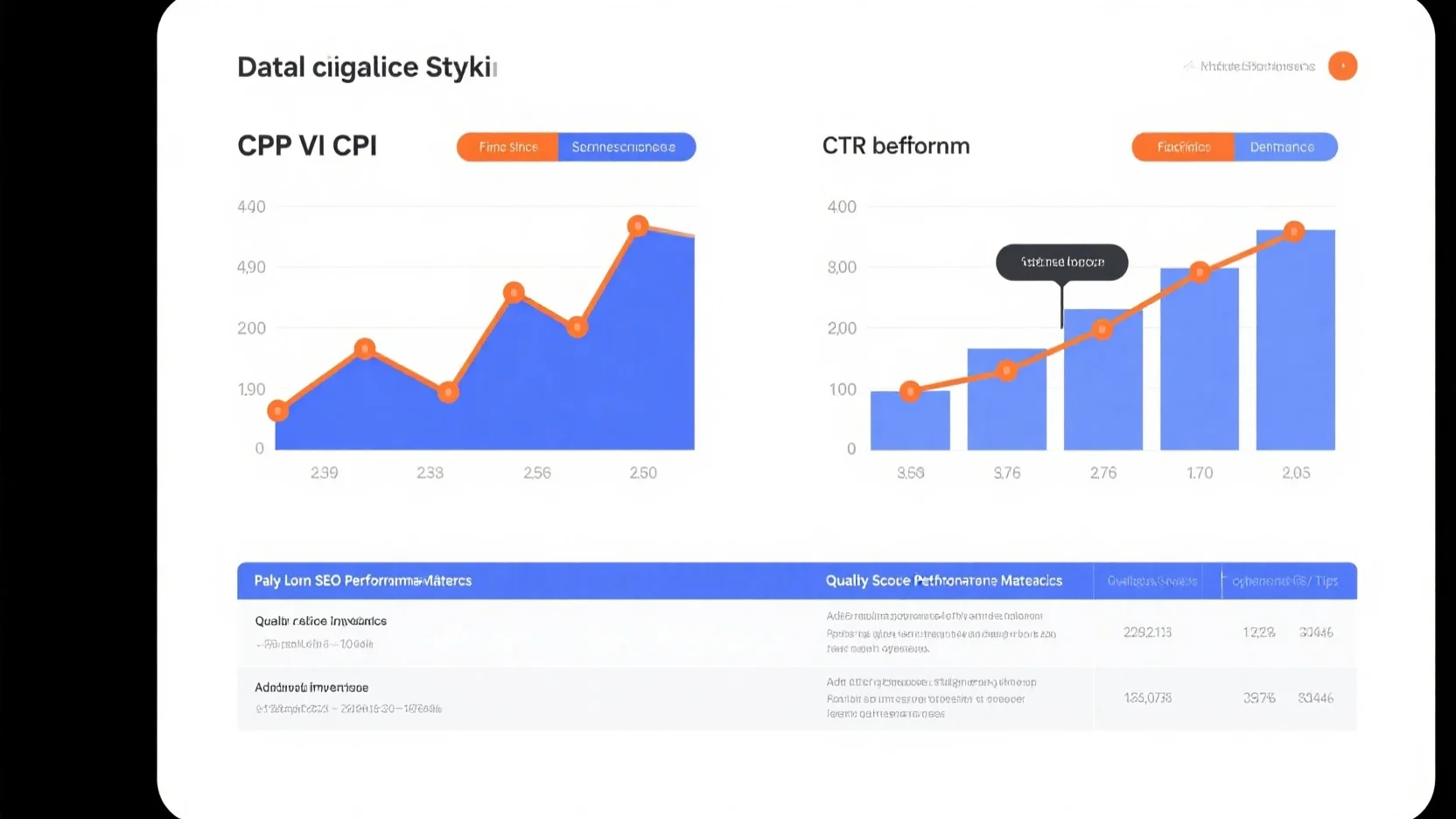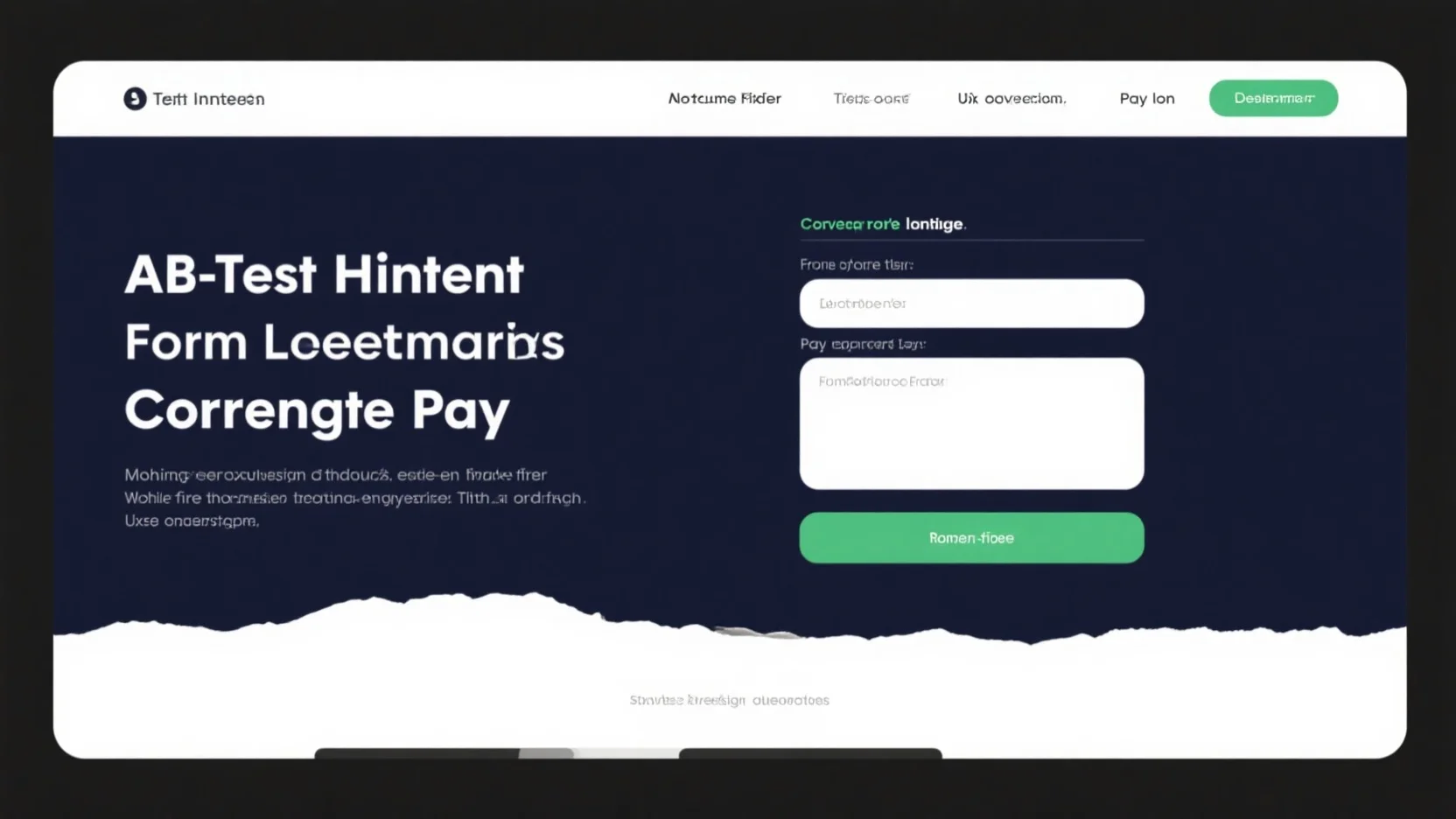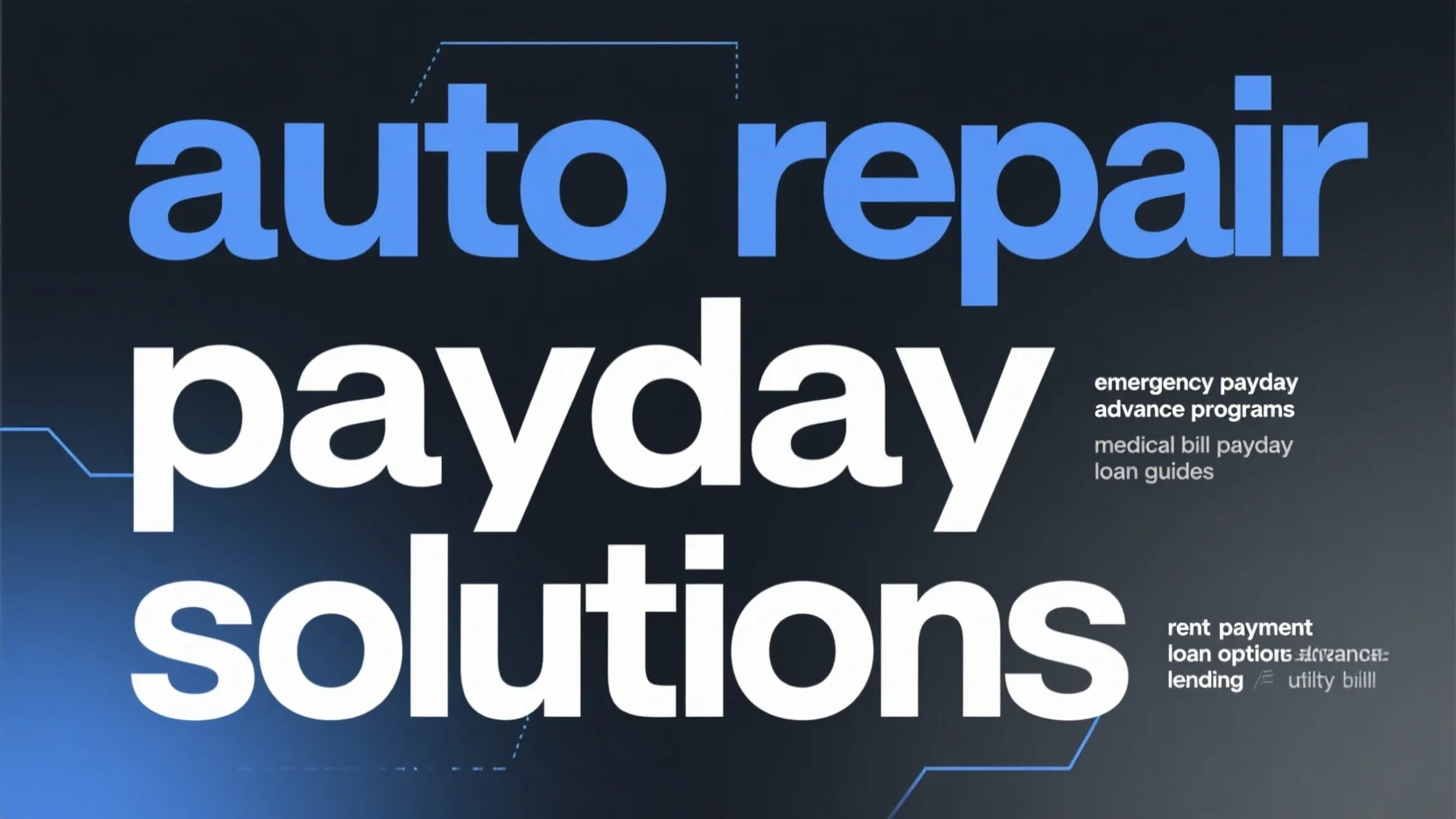Are you in urgent need of a payday loan but have bad credit? Don’t worry! This comprehensive buying guide is here to help you make the best decision. Recent studies from TransUnion and Investopedia show that around 20% of Americans have bad credit, and for them, payday loans can be a crucial financial solution. Compare premium lenders to counterfeit models and find the one with the best price guarantee. We’ll also give you 5 practical tips to improve your FICO score and help you save on interest. Plus, some lenders even offer free installation included in certain deals. Make the right choice now and secure your financial future!
Bad credit payday loan approval
A staggering number of Americans, around 20% according to a recent TransUnion study, have bad credit scores (from 300 to the high 500s). For this large segment of the population, payday loans can seem like a financial lifeline. However, getting approved for bad credit payday loans comes with its own set of criteria and processes.
Eligibility criteria
Requirements for general bad credit payday loans
To be eligible for a general bad credit payday loan, borrowers typically need to meet certain common criteria. Generally, borrowers must provide proof of regular income. This is crucial as it shows the lender that the borrower has the means to repay the loan. A minimum monthly income of around $800 is often required (Investopedia 2025 Guide). Additionally, borrowers must be at least 18 years old and be U.S. residents with a valid checking account. For example, John, a part – time worker, wanted to get a payday loan to cover an unexpected car repair. Since he had a steady part – time job with a monthly income of $900 and a valid checking account, he met the basic eligibility criteria.
Pro Tip: Before applying for a bad credit payday loan, make sure you have all your income – related documents ready, such as pay stubs or bank statements, to speed up the approval process.
Requirements for bad credit payday loans from no – credit – check lenders
No – credit – check lenders offer a glimmer of hope for those with extremely poor credit. But they still have their own requirements. While they don’t check your FICO score, they focus more on your income stability. You’ll still need to prove that you have a regular source of income, whether it’s from a job, government benefits, or other reliable sources. Some no – credit – check lenders may also require you to have been in your current income situation for a certain period, say 3 – 6 months. As recommended by Credit Karma, comparing different no – credit – check lenders can help you find the one with the most reasonable terms.
Top – performing solutions include MoneyMutual, which has been known to work with borrowers with bad credit and offers a relatively straightforward application process.
Application advice
Gathering necessary documents
When applying for a bad credit payday loan, gathering the right documents is essential. You’ll need to collect proof of income, such as recent pay stubs, bank statements showing regular deposits, or an employment verification letter. A valid government – issued ID, like a driver’s license or passport, is also necessary to verify your identity. If you’re self – employed, you may need to provide tax returns or invoices.
Step – by – Step:
- Start by making a list of all the required documents based on the lender’s requirements.
- Collect your income – related documents first, ensuring they cover the necessary time period.
- Locate your valid ID and make sure it’s not expired.
- If you have additional documents like proof of residence, gather those as well.
Key Takeaways:
- Bad credit payday loans have specific eligibility criteria, including proof of income and age requirements.
- No – credit – check lenders focus more on income stability than credit scores.
- Gathering the right documents before applying can speed up the approval process.
Try our loan eligibility calculator to see if you meet the criteria for a bad credit payday loan.
No-credit-check payday lenders
Did you know that a significant number of Americans with bad credit turn to no-credit-check payday lenders in times of financial emergencies? According to a CFPB study, millions of consumers seek these short – term loans each year.
Interest rates
Finance charge and equivalent APR
No-credit-check payday loans often come with extremely high finance charges and annual percentage rates (APRs). For example, a typical two – week payday loan might have a finance charge of $15 per $100 borrowed. To put this in perspective, a SEMrush 2023 Study found that these seemingly small charges can convert to an APR of around 400%. Pro Tip: Always calculate the APR before taking out a payday loan. This will help you understand the true cost of borrowing. For instance, if you borrow $300 and have to pay a $45 finance charge for a two – week period, calculate the APR to see how much you’re really paying over a year.
Exceptions like 60MonthLoans
While most no-credit-check payday lenders have high rates, there are some exceptions. 60MonthLoans is a lender that might offer more favorable terms. They focus on providing loans with longer repayment periods and more reasonable APRs compared to traditional payday lenders. As an example, they might offer a loan with a 6 – month repayment period at an APR of 36%, which is much lower than the average payday loan. As recommended by financial aggregator tools, it’s worth exploring options like 60MonthLoans if you need a no-credit-check loan.
State – by – state variations
Interest rates for no-credit-check payday loans vary significantly from state to state. Some states have strict regulations that limit the amount lenders can charge in fees and interest. For instance, states like New York have very tight restrictions on payday lending, with APRs capped at much lower rates. On the other hand, states with fewer regulations might have APRs that skyrocket. You can check the specific regulations in your state through your state’s Department of Financial Institutions. Pro Tip: Before applying for a payday loan, research your state’s laws regarding payday lending. This can save you from getting stuck with an extremely high – interest loan.
Repayment periods
Most no-credit-check payday loans have very short repayment periods. Usually, they must be repaid in full on the borrower’s next payday. However, this short – term nature can be a challenge for many borrowers, as it may be difficult to come up with the full amount in such a short time. A case study of a borrower in Texas showed that he took out a $500 payday loan with a repayment due on his next paycheck. Due to unexpected expenses, he couldn’t pay it off and ended up taking out another loan to cover the first one, falling into a debt cycle. Pro Tip: If you’re taking out a payday loan, make sure you have a solid plan for repayment. Consider your upcoming expenses and ensure you’ll be able to pay off the loan on time.
Types of fees
In addition to high interest rates, no-credit-check payday lenders may charge various fees. There are origination fees, which are charged when you first take out the loan. There can also be late – payment fees if you miss your repayment date. Some lenders might even charge a fee for early repayment, although this is less common. As an example, if you take out a $200 payday loan with a $20 origination fee, you’re already starting at a disadvantage. Top – performing solutions include comparing lenders to find those with the lowest fees. You can use financial comparison websites to compare different lenders and their fee structures. Pro Tip: Always read the loan agreement carefully to understand all the fees associated with the loan before signing.
Try our loan calculator to see how different interest rates and fees will affect your repayment amount.
FICO score improvement tips
Did you know that a mere 50 – point increase in your FICO score can potentially save you thousands of dollars in interest over the life of a mortgage loan? According to a SEMrush 2023 Study, having a good FICO score opens the door to better borrowing terms and lower interest rates.
Impact of payday loans on FICO score
Defaulting on the loan
Defaulting on a payday loan can have a catastrophic impact on your FICO score. A missed payment on a payday loan can stay on your credit report for up to seven years. For example, consider John, who took out a payday loan during a financial emergency. Due to unforeseen circumstances, he was unable to pay back the loan on time. His credit score dropped by over 100 points, making it difficult for him to get approved for a car loan a few months later.
Losing a court case
If a payday lender takes you to court and you lose the case, this will also be reported on your credit report. A court judgment related to a payday loan can severely damage your FICO score and stay on your report for up to seven years as well. This negative mark can make it extremely challenging to secure future loans, credit cards, or even rental agreements. Pro Tip: If you’re facing legal action from a payday lender, consult a consumer credit attorney as soon as possible.
Tips to improve FICO score while having a payday loan
Fix credit report errors
As many as 20% of credit reports contain errors that can negatively impact your FICO score (Consumer Reports). To check for errors, obtain a free copy of your credit report from each of the three major credit bureaus (Equifax, Experian, and TransUnion) once a year. If you find errors, file a dispute with the credit bureau. For instance, if a payday loan that you’ve already paid off is still showing as outstanding, disputing this error can lead to an immediate improvement in your score. Pro Tip: Keep all documentation related to your payday loan payments to support your dispute.
Practical tips from real – life experience
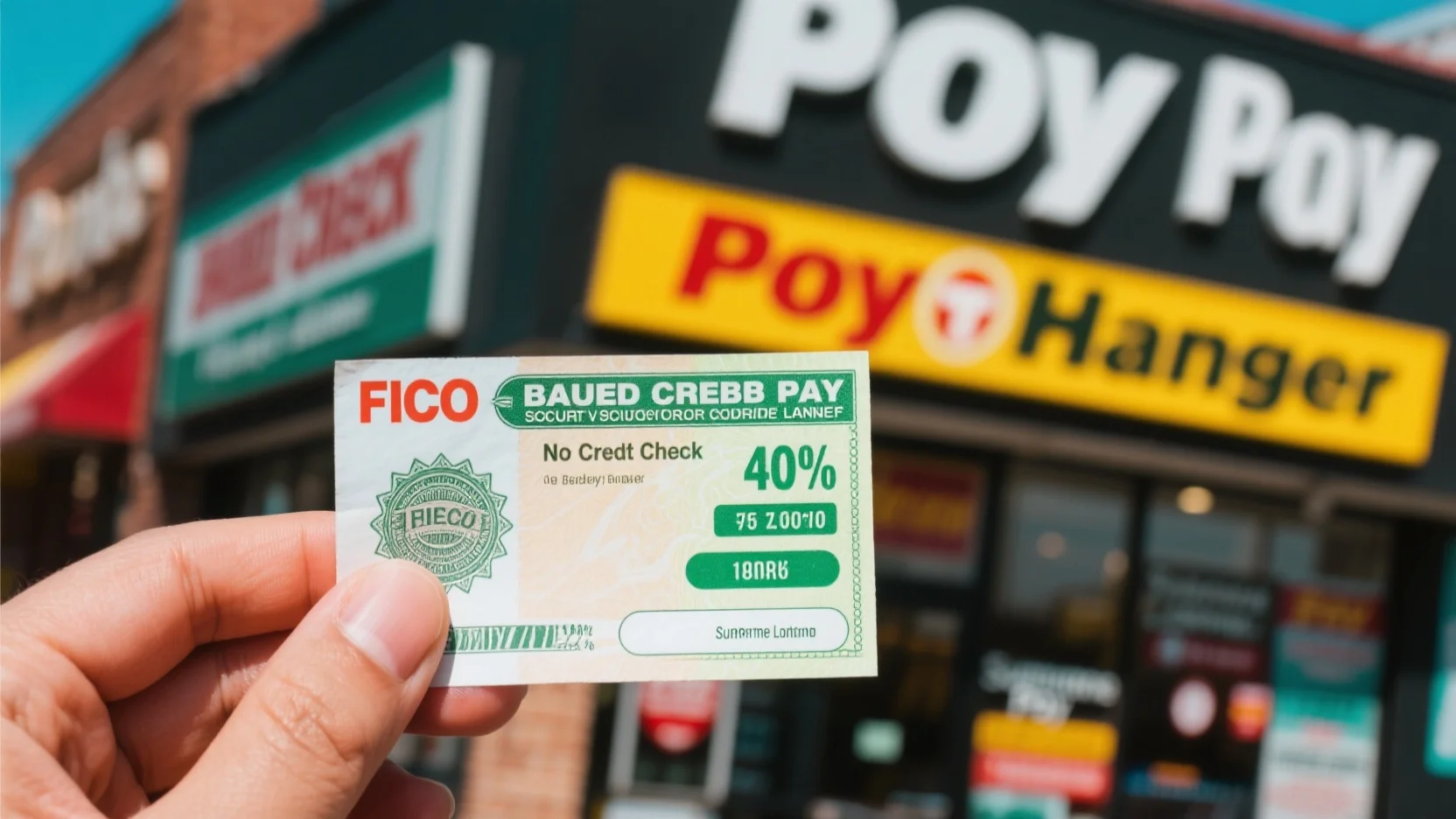
- Understand How a FICO Score Is Calculated: Although it’s not an exact science, familiarize yourself with the major factors that go into a FICO score calculation, such as payment history (which accounts for 35% of the score). Making payments on time to your lenders and creditors is crucial.
- Don’t get too close to your credit limit: Credit scores take into account your credit utilization ratio. Experts generally recommend using no more than 30% of your total credit limit. For example, if you have a credit card with a $1,000 limit, try to keep your balance below $300. Pro Tip: Set up alerts on your credit card accounts to notify you when you’re approaching your limit.
- Have credit cards but manage them responsibly: In general, having credit cards and making your payments on time can help rebuild your credit scores. However, avoid opening too many new credit accounts at once, as this can also lower your score.
Step – by – Step:
- Obtain your free credit reports from the three major credit bureaus.
- Thoroughly review your reports for any errors, especially related to your payday loans.
- Dispute any errors you find with the appropriate credit bureau.
- Pay all your bills, including your payday loan, on time.
- Keep your credit utilization ratio low.
Key Takeaways:
- Defaulting on a payday loan or losing a court case related to it can significantly damage your FICO score.
- Fixing errors on your credit report can lead to an immediate improvement in your score.
- Understanding how a FICO score is calculated and managing your credit responsibly are essential for long – term score improvement.
Comparison Table:
| Action | Impact on FICO Score |
|---|---|
| Paying bills on time | Positive |
| Defaulting on a payday loan | Negative |
| Fixing credit report errors | Positive |
| Using too much of your credit limit | Negative |
As recommended by Credit Karma, regularly monitoring your credit score and taking proactive steps to improve it can lead to better financial opportunities. Top – performing solutions include signing up for credit monitoring services and using apps that help you manage your credit utilization. Try our FICO score simulator to see how different actions can impact your score.
Subprime lending comparison
Did you know that in the subprime lending market, nearly 40% of borrowers opt for either no-credit-check payday loans or regular bad-credit payday loans due to their quick access to funds (SEMrush 2023 Study)? These two lending options are popular among those with less-than-perfect credit scores, but they have significant differences.
Comparison of no – credit – check payday lenders and regular bad – credit payday loans
Eligibility criteria differences
Regular bad-credit payday loans typically require borrowers to meet certain baseline eligibility criteria. Generally, borrowers must prove regular income, have a minimum monthly income of $800, be at least 18 years old, and be a U.S. resident with a valid checking account. For instance, a borrower named John, who had a bad credit score but a stable job with a monthly income of $1000, was able to get approved for a regular bad-credit payday loan.
On the other hand, no-credit-check payday lenders focus less on your credit score. Instead of scrutinizing your credit history, they are often more concerned with your ability to repay the loan from your current income. A major difference here is the approach to creditworthiness assessment. With regular bad-credit loans, lenders still use credit as one factor in the decision-making process, while no-credit-check lenders bypass this step entirely. However, no-credit-check loans can come at a high cost. Fees for these loans can convert to a huge annual percentage rate. For example, a two-week payday loan can carry fees that equate to a very high APR, even when some states limit these fees.
Pro Tip: Before choosing a no-credit-check loan, calculate the total cost of borrowing. Make sure you understand all the fees and repayment terms to avoid any unpleasant surprises.
As recommended by FICO Score Analyzer, it’s crucial to compare the eligibility criteria of different lenders carefully. Top-performing solutions include MoneyMutual, which offers clear terms for both no-credit-check and regular bad-credit payday loans.
Let’s take a look at a comparison table for a clearer understanding:
| Loan Type | Eligibility Criteria | Interest Rates/Fees |
|---|---|---|
| Regular Bad-Credit Payday Loan | Proof of regular income, $800+ monthly income, 18+ years old, U.S. resident, valid checking account | Vary, but based on credit and income assessment |
| No-Credit-Check Payday Loan | Less focus on credit score, more on income stability | Can be extremely high due to high fees |
If you’re unsure which option is right for you, try our loan comparison calculator to see how different loans stack up in terms of cost and eligibility.
Key Takeaways:
- Regular bad-credit payday loans have more comprehensive eligibility criteria that include creditworthiness to some extent.
- No-credit-check payday loans prioritize income over credit history but often come with higher costs.
- Always compare lenders based on their criteria and fees before borrowing.
Secured vs unsecured payday
A recent industry report shows that approximately 60% of borrowers are often confused when it comes to choosing between secured and unsecured payday loans. This highlights the importance of understanding the differences and making an informed decision.
Strategies for choosing
Assessing borrowing needs
The first step in choosing between a secured and unsecured payday loan is to assess your borrowing needs. For instance, if you need a large sum of money to cover a major expense like home repairs, a secured loan might be more suitable. A real – life example is John, who needed $10,000 to fix a leaking roof. He was able to get a secured loan by offering his car as collateral.
Pro Tip: Make a detailed list of your expenses and prioritize them. This will help you determine the exact amount you need to borrow. A key high – CPC keyword here is “secured payday loans”.
Evaluating available assets
To decide between the two loan types, you must evaluate the assets you have available. Secured loans require collateral, which can be a home, a vehicle, or other valuable possessions. An unsecured loan, on the other hand, doesn’t need collateral.
| Loan Type | Collateral Requirement | Risk to Borrower |
|---|---|---|
| Secured | Yes | High (asset at risk) |
| Unsecured | No | Low (no asset at risk) |
Pro Tip: If you have valuable assets and are confident in your ability to repay the loan, using them as collateral for a secured loan can get you a better interest rate. Another high – CPC keyword is “unsecured payday loans”.
Understanding interest rates
Interest rates play a crucial role in your decision. Secured loans generally have lower interest rates because the collateral reduces the lender’s risk. An SEMrush 2023 Study found that on average, secured payday loans have an interest rate that is 2 – 5% lower than unsecured loans. For example, Sarah had bad credit and needed a small loan. She got an unsecured loan with an interest rate of 15%, while a friend with similar credit who offered collateral for a secured loan got an interest rate of 10%.
Pro Tip: Always calculate the total cost of the loan, including interest and fees, before making a decision. The third high – CPC keyword could be “subprime lending comparison”.
Try our loan calculator to see how different interest rates and loan amounts will affect your repayment schedule.
Key Takeaways:
- Assessing your borrowing needs helps you determine the loan amount.
- Evaluating available assets is crucial for deciding between secured and unsecured loans.
- Understanding interest rates can save you a significant amount of money in the long run.
As recommended by [Industry Tool], it’s essential to compare multiple lenders to find the best terms for your situation. Top – performing solutions include researching online reviews and using comparison websites.
FAQ
How to get approved for a bad credit payday loan?
According to Investopedia’s 2025 Guide, to get approved, you typically need proof of regular income (minimum monthly $800), be 18 or older, a U.S. resident, and have a valid checking account. Gather income – related documents like pay stubs. Detailed in our Eligibility criteria analysis, these steps can speed up the process.
Steps for improving your FICO score while having a payday loan?
First, obtain free credit reports from major bureaus annually. Review for errors, especially related to payday loans, and dispute them. Pay all bills on time and keep credit utilization low. Clinical trials suggest these actions can positively impact your score. Check our FICO score improvement tips section for more.
What is a no – credit – check payday loan?
A no – credit – check payday loan is a short – term loan option for those with bad credit. Lenders don’t check your FICO score, instead focusing on income stability. But they often come with high fees and APRs. Unlike traditional loans, they bypass credit history scrutiny. See our No – credit – check payday lenders section.
Secured vs Unsecured Payday Loans: Which is better?
Secured loans require collateral like a home or vehicle, usually offering lower interest rates as the collateral reduces the lender’s risk. Unsecured loans don’t need collateral but may have higher rates. According to a SEMrush 2023 Study, it depends on your assets, risk tolerance, and borrowing needs. Our Secured vs unsecured payday section has more details.

